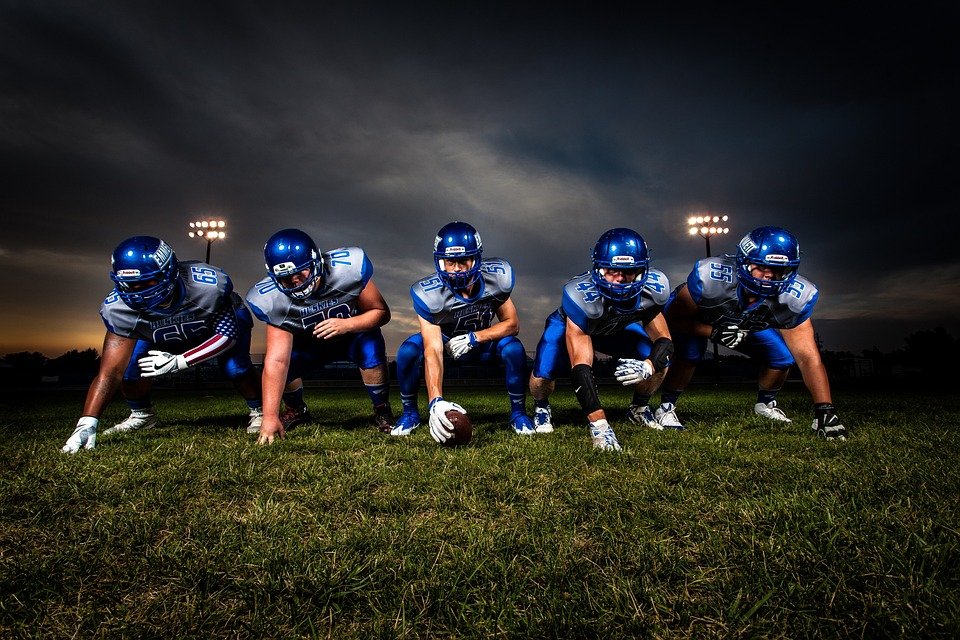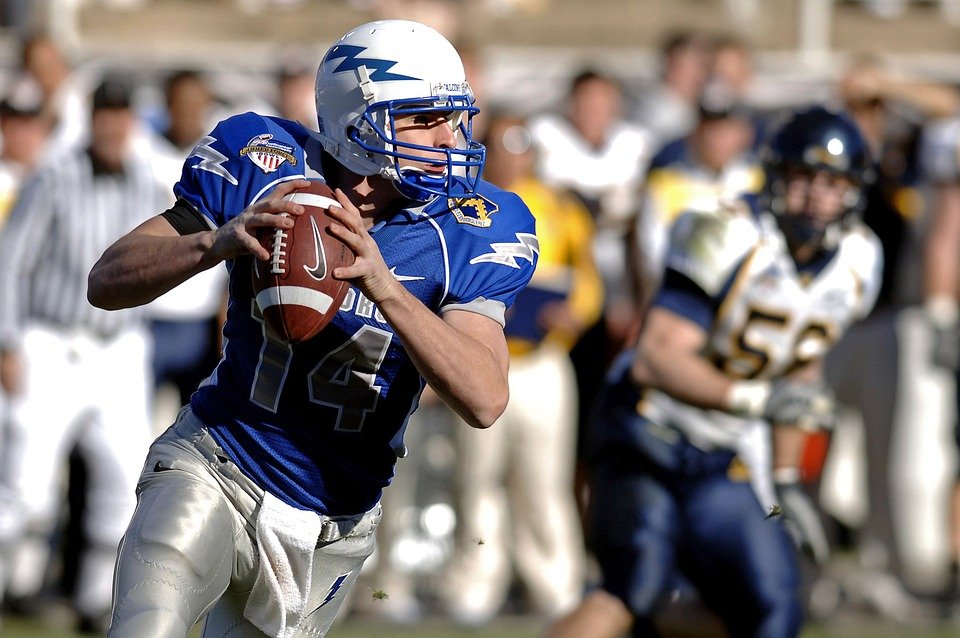fantasy football

It sometimes seems as if the most fascinating aspects of professional football are the behind-the-scenes dealings as well as the mechanical creation of the perfect team. This is the idea behind fantasy football, a fantasy sports game in which players take on the role of team owners and are ranked in a fantasy league. Players manipulate the data to determine the results of a fictional league championship, i.e. the names of real-life NFL players. Each team begins the season by drafting or acquiring NFL players by auction and then scoring points based on the players’ statistical performance on the field. (Note that some fantasy leagues use the NCAA division as well) How are wins between players determined? It depends on the league creators, the winners can be decided by the most points earned by the end of the season or head-to-head NFL league style.
When did the fantasy football phenomenon begin? The sport within a sport began in 1962 as an idea passed on by Bill Wenkenbach, a limited partner of the Oakland Raiders, as well as Bill Tunnell, the Raiders’ public relations man. Also involved in the creative process were Scotty Stirling of the Oakland Tribune and George Ross, the Tribune’s sports editor. The idea came from a three-week road trip that saw raiders visit the east coast. The guys got the idea down the road and then formulated the basics of the first fantasy football league, GOPPPL, better known as the Greater Oakland Professional Pigskin Prediction League.
Over the years, fantasy football leagues have continued either in pools or even through BBS (Bulletin Board Systems) connections. With the advent of cheap personal computers and the Internet in the late 1990s, fantasy football has seen a slight resurgence in popularity. The sport is still popular with football supporters and experts who know the realities of football like no one else’s business. Fantasy football players today are still passionate about their favorite hobby and are always looking for ways to win. This is why many magazines, websites, and books offer tips and tools on how to get ahead in fantasy sports.
Magazines, websites, books, and software are available that provide fantasy players with the information they need to make better decisions. Additionally, the popularity of the sport has increased thanks to the availability of live football games via satellite, satellite radio, cable, and internet sites. Interestingly, while the Internet has robbed many retail industries of business, as far as football is concerned, fantasy football only increases football program ratings, attendance, and website traffic. By their very nature, fantasy sports players should watch more live streams of games, buy more tickets and spend more money in stadiums than the average football fan who just watches his team and throws a Super Bowl party. In general, fantasy football has had a very positive impact in educating football fans about the rules of the sport and the abilities of the players. If you’re interested in playing, consider the three biggest virtual leagues: CBS, ESPN, and Yahoo.




